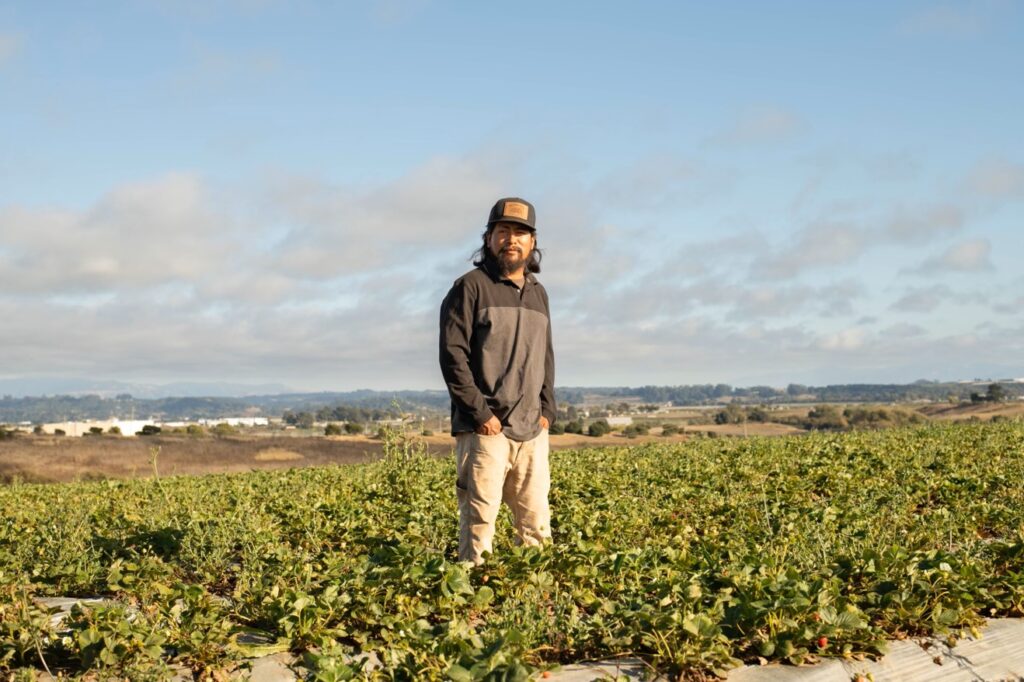USDA organic grant funding
Good news for organic producers!
The USDA Organic Market Development Grant (OMDG) and Transition to Organic Partnership Program (TOPP) have both been reviewed by the USDA. Contracted funds will be released for reimbursements soon. This means that nonprofit organizations, including CCOF, who have been awarded these grants to support organic agriculture can continue their work with funding.
The announcement came from the Organic Trade Association’s co-CEOs in a video post on LinkedIn from Washington, D.C.
The USDA awarded CCOF $3 million in 2024. This was through the OMDG program in order to embark on a large-scale, 3-year campaign. The campaign seeks to improve and expand market access for small and underserved organic farmers. To date, we have implemented a marketing campaign that addresses two key obstacles restricting growth in organic sales. These are the lack of consumers’ clarity on what organic means, and their lack of confidence in the seal.
Through our OMDG-supported new member directory, CCOF creates market paths for small and underserved organic producers by linking them with buyers actively looking to source their products. Through our Organic Producer Marketing Toolkit, CCOF is educating farmers on how to talk to consumers and buyers about organic. And we are providing them with the tools to do so. CCOF has also become the first-ever organization to promote organic through national TV and digital advertising. We expect these ads to reach more than 50 million views by the end of 2026.
Through our leadership of the West/Southwest U.S. region through TOPP, the CCOF Foundation is helping to build the domestic supply of organic food and products by helping American farmers successfully transition to healthy organic agriculture practices through mentorship, technical assistance, and workforce development. So far, the CCOF-led West/Southwest Regional Center for Organic Transition has transitioned more than 75,000 acres to organic.
We look forward to continuing this work to support American farmers, enhance market opportunities for organic professionals, and uplift a hardworking community towards a vision of a world where organic is the norm.

